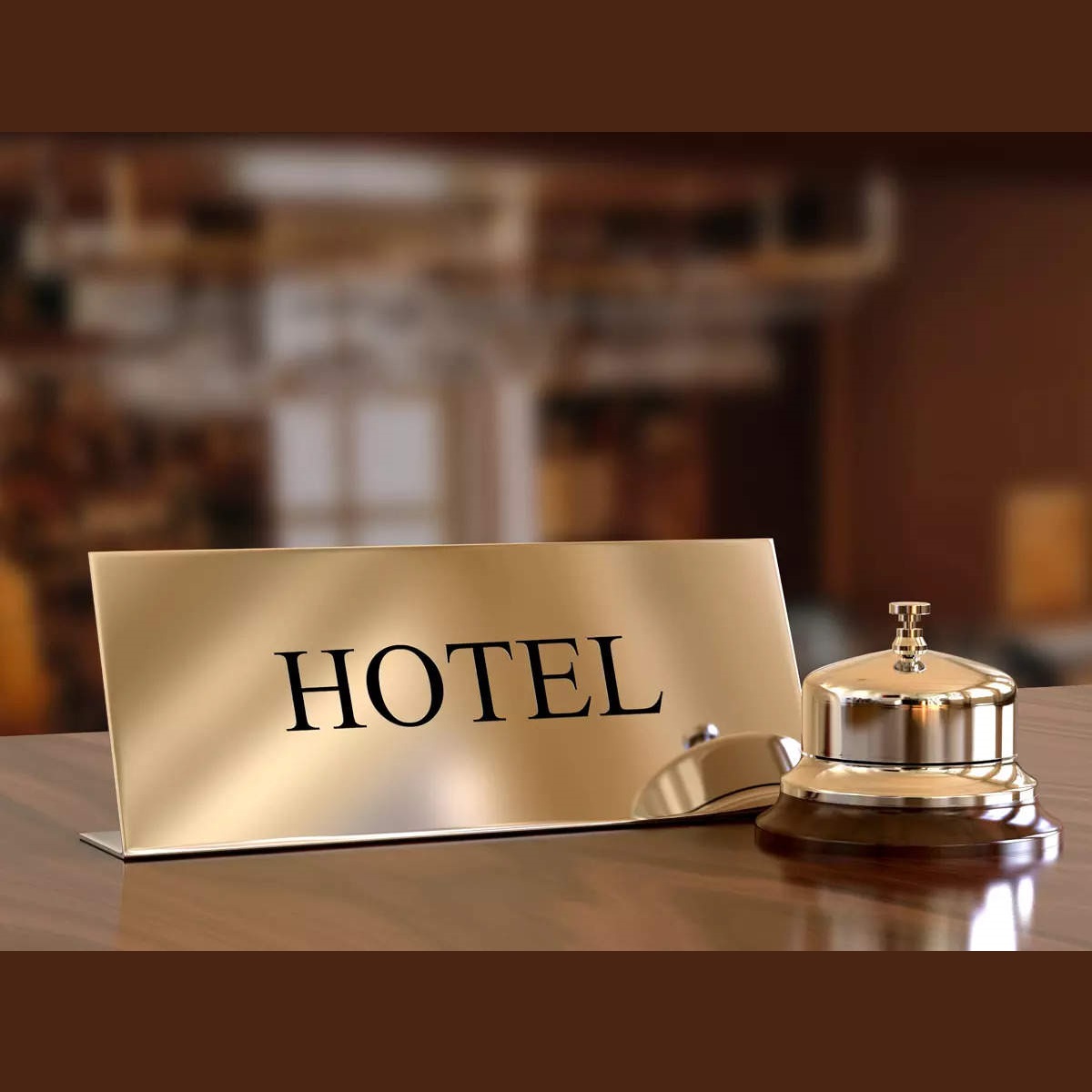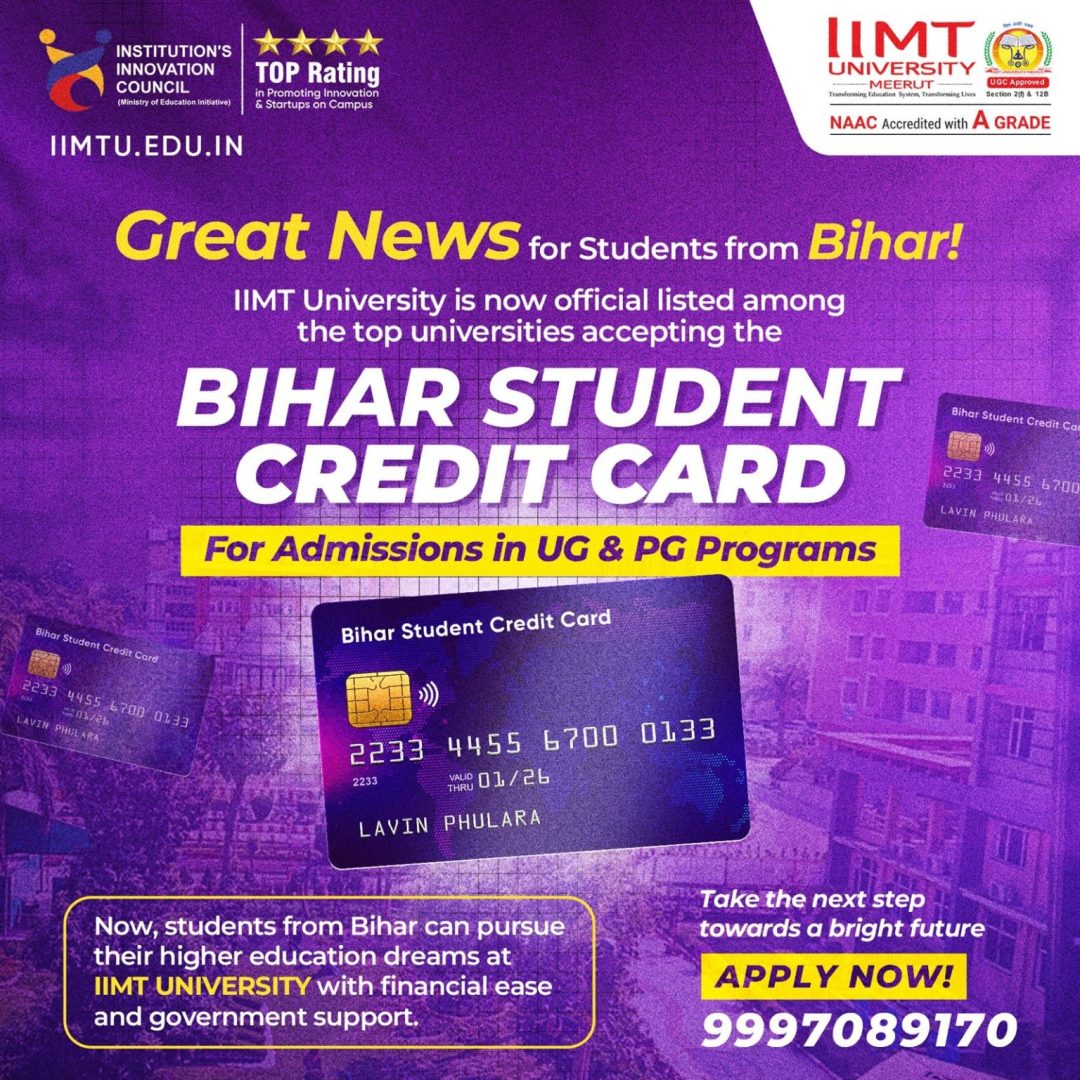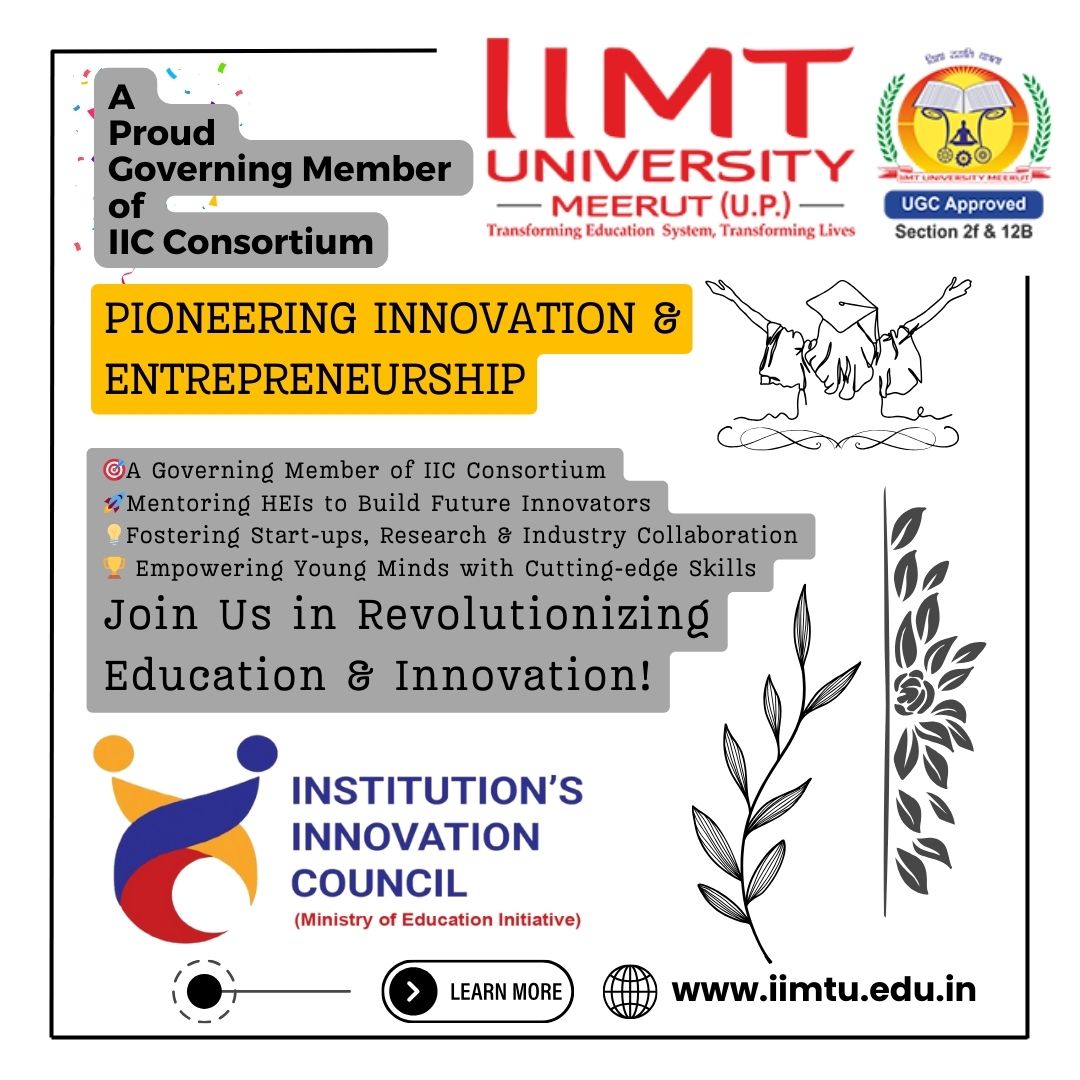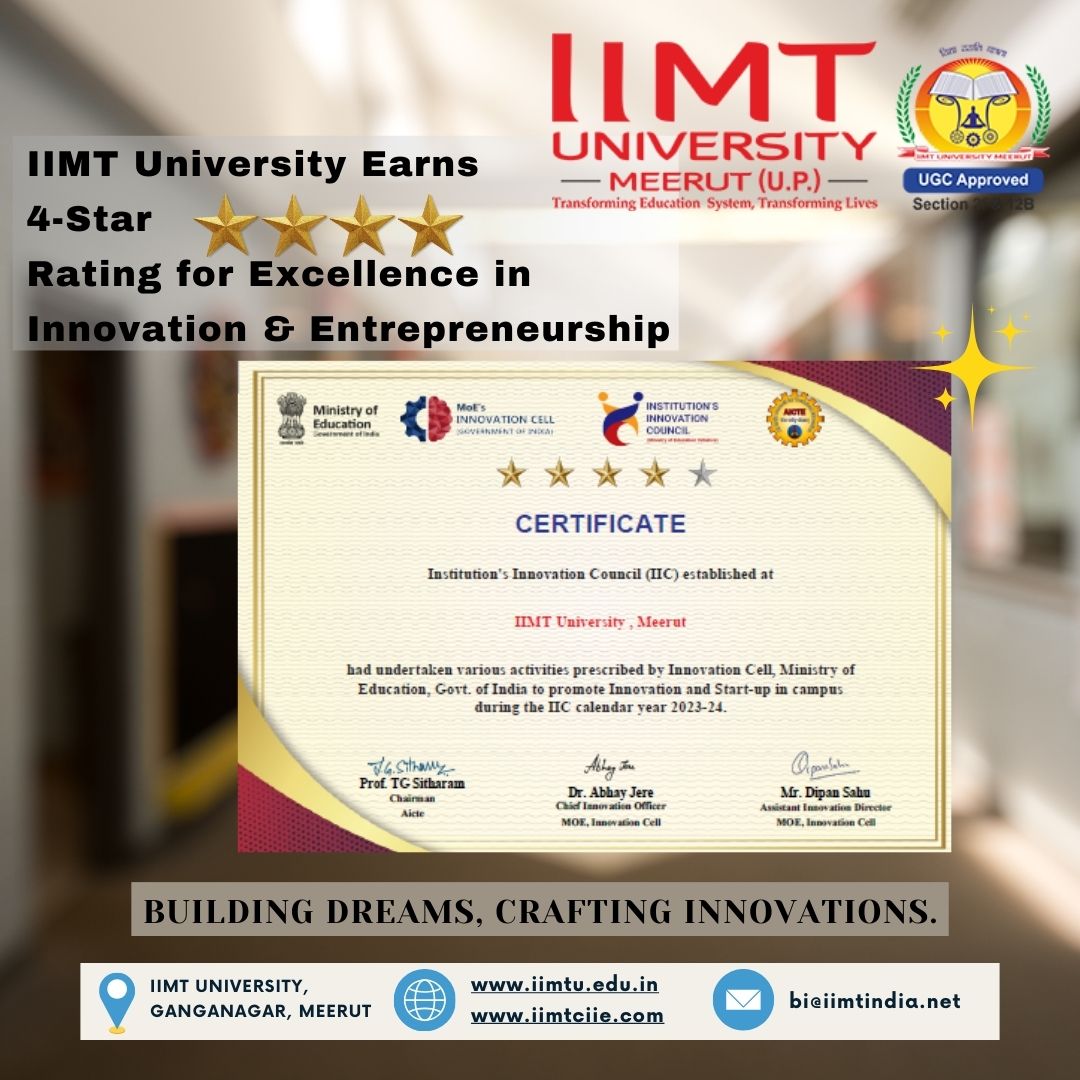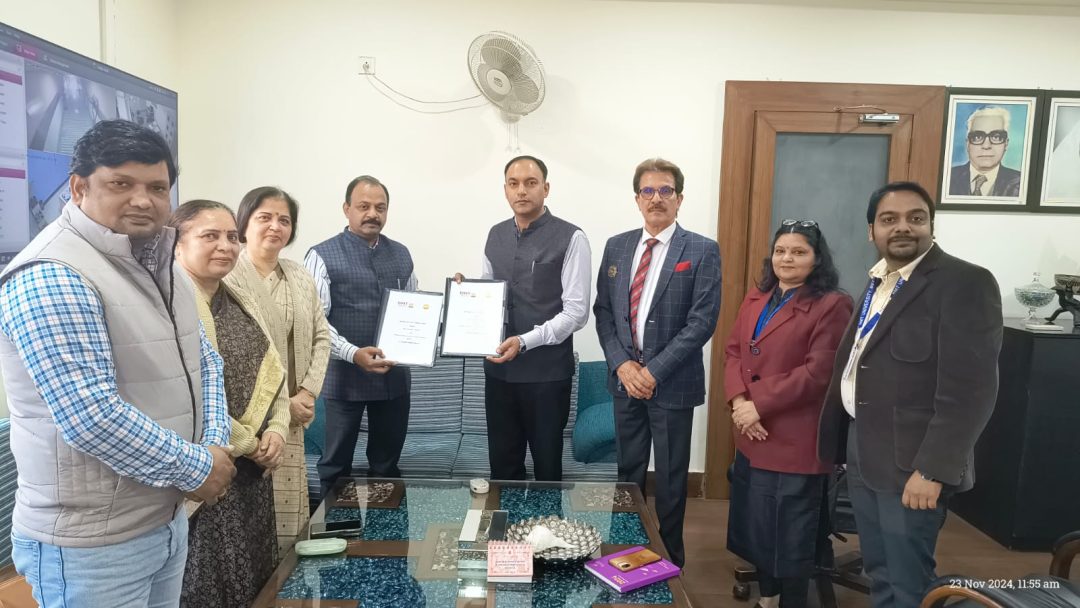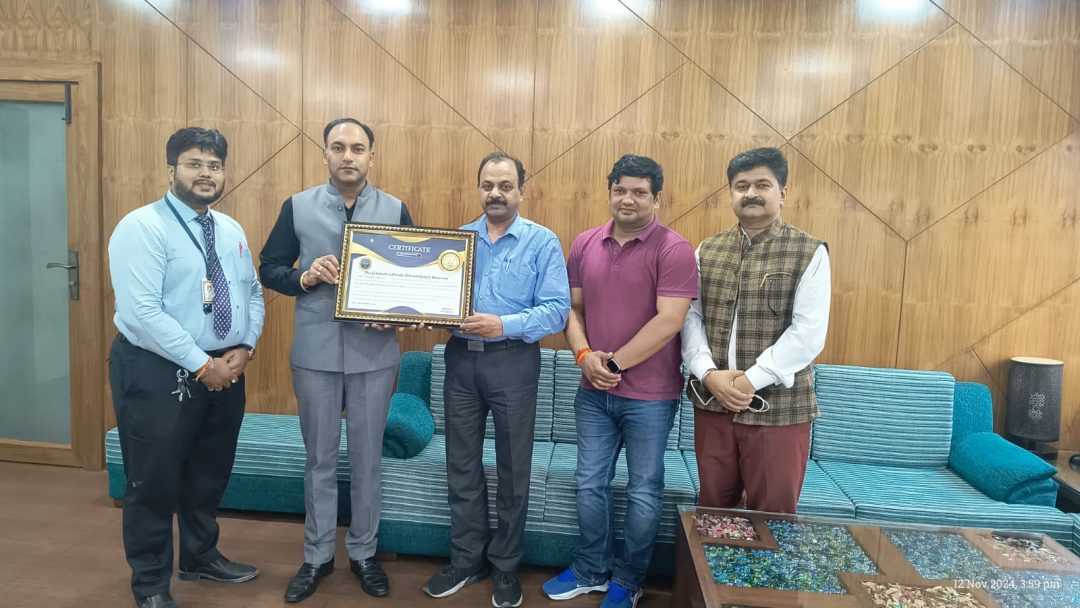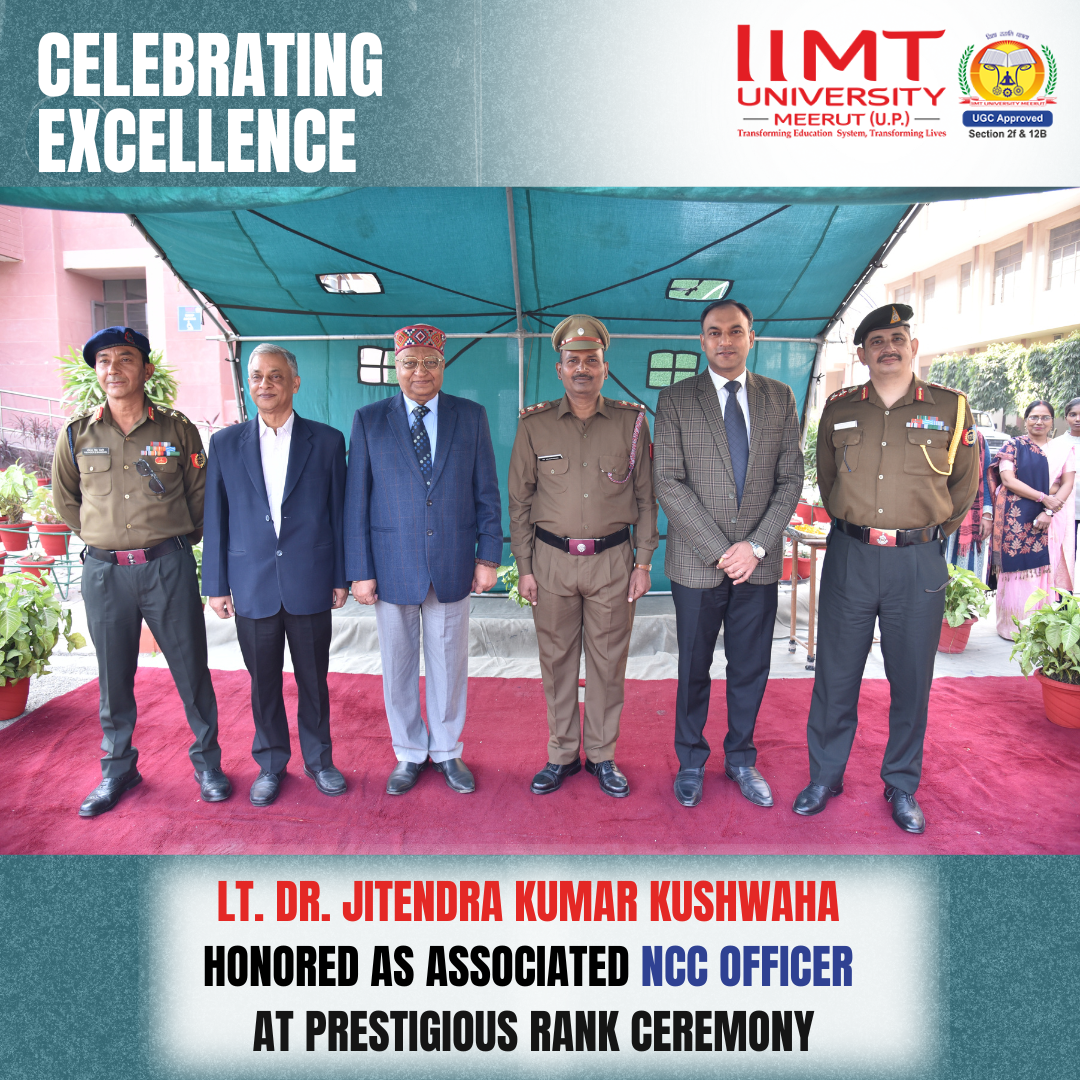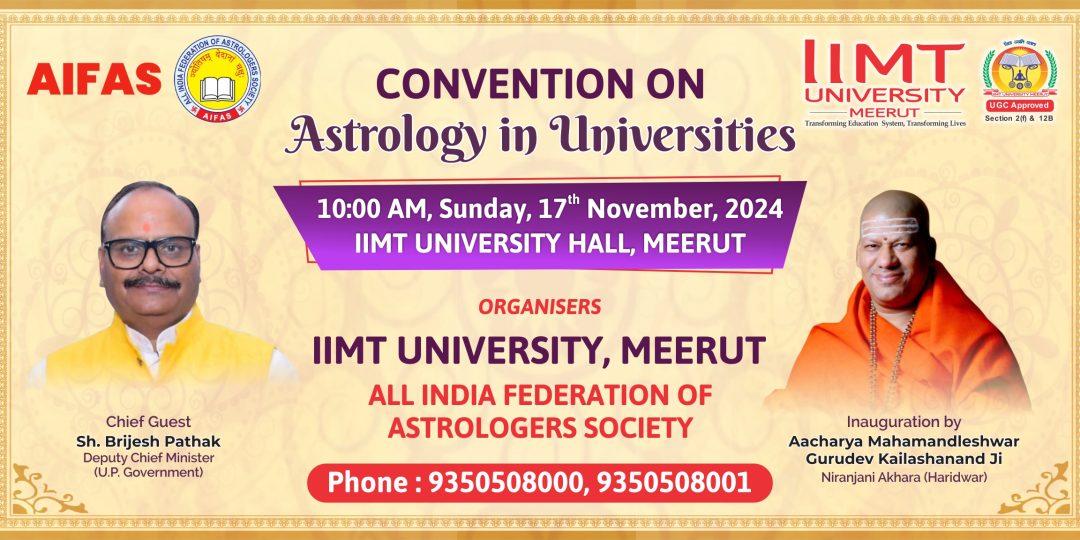For hospitality student to have a successful future and job, communication skills are essential. Communication abilities are the most sought-after attribute of an educated individual in a business in today’s competitive market. Many in the industry mistakenly think that I instruct pupils in Shakespearean speech, but nothing could be further from the reality. The goal of developing young people’s communication abilities in the hospitality sector is to create future business owners and entrepreneurs. The earlier educational system in schools placed a lot of emphasis on English grammar but very little on acquiring exposure to and fluency in the language as well as the necessity of being an effective communicator. Since there was little emphasis placed on overcoming it, more than 70% of people have stage fright.
Not many people in today’s world are familiar with the subject-verb agreement principles or the distinction between an active and a non-active verb! Because of this, contemporary educational institutions like the School of Hotel Management, Catering & Tourism (SoHMCT) of IIMT University Meerut, are more aware of the value and practicality of students’ communication abilities. Let me provide an engaging example to give you a sense of the course’s distinctiveness.
All organisations depend on the effectiveness of communication between departments, most of which is unspoken and non-verbal (Eg: Your gestures, your facial expressions and mannerisms). To make sure that all of the aforementioned factors are thoroughly examined and the audience is aware of their precise effects, IIMTU’s course and pedagogy are specially created. This course also teaches students how to make compelling presentations and deliver them in front of sizeable crowds.
These abilities are a crucial component of students’ profiles because they intend to pursue entrepreneurial careers in the future.
SoHMCT is constantly reviewing thier curriculum and adhere to the most recent business trends. A “cookie-cutter” approach is something that one may never see in our institute as each batch brings with it fresh talents and expectations. With their previous batches, we continue to hear from students about how the courses changed their life and how their whole personalities have improved.

Effective Ways to Improve Hospitality Communication Skills
1. Staff training arrangements
Provide a workshop on communication skills to assist the personnel in speaking clearly under any condition, including aiding with menus, bills, and other procedures. Once a month training sessions should be provided to encourage your hotel workers to converse in English and help them develop their skills.

2. Pay attention to your staff
Effective communication is a two-way process that necessitates management paying attention to the opinions and ideas of their staff. Staff members tend to become passive and slow if management does all the talking and only gives orders. They must pay attention to their employees because they are the ones who often interact with the guests. They might offer fresh, improved suggestions for enhancing customer service.
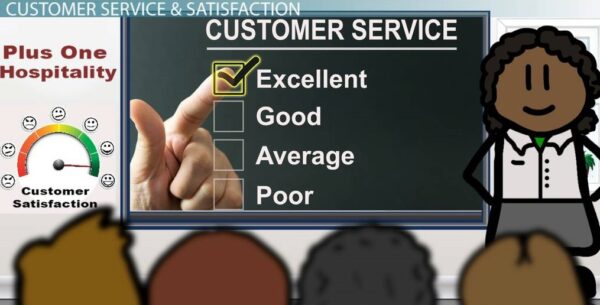
The best method to hear from your staff is to hold weekly feedback meetings, listen to their suggestions, and, if appropriate, put them into practise. They will continue to feel engaged and like their opinions are being taken seriously.
3. Educate Your Staff on Attending Guests
Your personnel should be able to communicate well with the guests. When a guest expresses their dissatisfaction verbally or through feedback, the staff member assigned to handle the situation must be well-trained to handle the situation with tact and wisdom, listen to the guest, and solve the issue as quickly as possible. If your employee has good communication and listening abilities, situations can be handled delicately and easily.
4. The Mirror Technique
The ideal strategy for good communication is to interact with guests in their preferred manner and answer in kind. For instance, some guests engage in brief chat, and others might be curious about how quickly and impromptu the matter is resolved. Employees must therefore pay attention to their customers and behave accordingly, since it is crucial to note how you greet them and handle any concerns they may have.
❖ The value of effective communication abilities in the hospitality sector
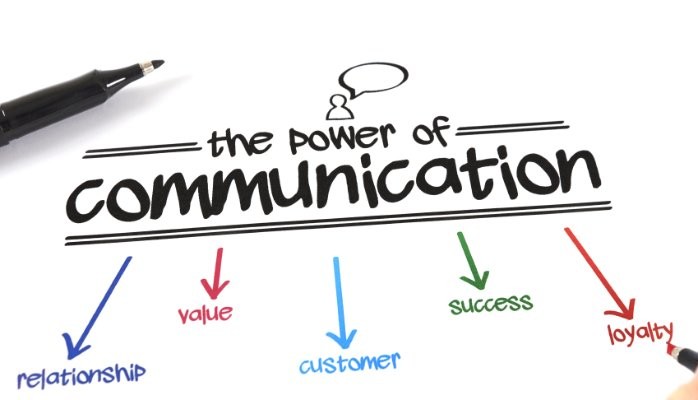
The following reasons list the significance of effective communication abilities in the hospitality sector:
1. To land a job interview: An individual with strong communication skills would breeze through the interview and has a very high chance of being chosen.
2. To land the Job: Candidates with strong conversational skills are probably preferred by employers. This crucial talent becomes even more crucial when hiring for a position in the hospitality sector. An applicant deficient in this crucial ability would never be preferred by any company in the hospitality sector.
3. To grow in one’s career: If one has strong communication abilities, they can readily experiment with variation and diversity. Even when it is less travelled, the road becomes a little bit simpler for these individuals.
4. To establish and strengthen a good relationship: A strong foundation of effective communication can be used to create a good relationship. Also, when it comes to creating strategic alliances, communication abilities are crucial.
5. To provide gratifying client service: Effective communication makes it simple to get satisfied outcomes. It never hurts to communicate while trying to get a point across or solve a problem.
6. To make a good first impression: A good first impression is not only crucial, but also enduring. This fact immediately elevates its significance and increases its value. It becomes simpler to make a lasting impression when there is effective communication.
7. Develop Confidence: When one is conscious of the talents, he or she speaks and works with much more assurance.
8. Positivity: Since things build upon one another, effective communication skills encourage positive conduct, which in turn encourages optimistic ideas.
9. Enhances coordination: A person who can communicate their ideas and orders clearly and effectively should also be able to handle daily tasks with greater clarity and planning.
❖ Barriers to hospitality that effective communication removes

1. Lack of Confidence: The biggest issue that many employees in the workplace encounter is a lack of confidence. Making the group members feel more at ease through conversation will assist to lessen the uneasiness and help them acquire confidence.
2. Lack of Clarity: One of the most frequent obstacles to effective communication is a lack of clarity. A significant misunderstanding will result if the individual holding the talk is not clear about key issues. One can explain ideas more clearly by communicating properly.
3. Body Language: On occasion, it may not seem like your body language and what you are saying is in sync. It may provide conflicting messages to the listener and lead to confusion, but with good communication, issues may be resolved and progress can be made.
4. Stereotypes and generalisation: Because they can skew perception, stereotypes and generalisations can occasionally be harmful. When someone associates someone with stereotypes, they are unable to understand their thinking clearly, which can be very important. However, this barrier can be readily overcome by talking to one another rather than assuming things.

